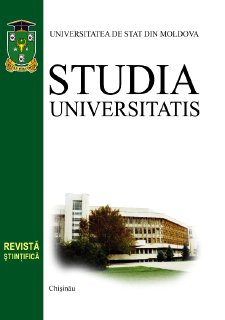NEGAŢIA PRIN PRISMA DIALECTICII ANTICE
Stela ŢICUL Catedra Limba Română, Lingvistică Generală şi Romanică
Rezumat
Almost as soon as we are born, we can use negation, indicating by gesture or other behavior that we reject, exclude, or disagree with something. Because it is so common and so easily-mastered, negation may seem to be a simple concept. However, it has bedeviled all efforts to be easily defined and understood. The capacity to negate is the capacity to refuse, to contradict, to lie, to speak ironically, to distinguish truth from falsity - in short, the capacity to be human. This article offers a short synthesis of past work on the meaning, and use of negation, and it draws from work in the philosophy of language and mind. It is first of all a critical synopsis and reinterpretation of past work on negation. Negation is a topic which engaged Aristotle and the Buddha, Spinoza and Leibniz, Hegel and Mill, Freud and Marx, Russell and Frege. This otherwise rather disparate collection of scholars shared recognition of the paradox posed by the contrast between the standard logical role of this most basic operator (simple truth-value reversal) and the incredible complexity of the form and function of negative sentences in natural language.

